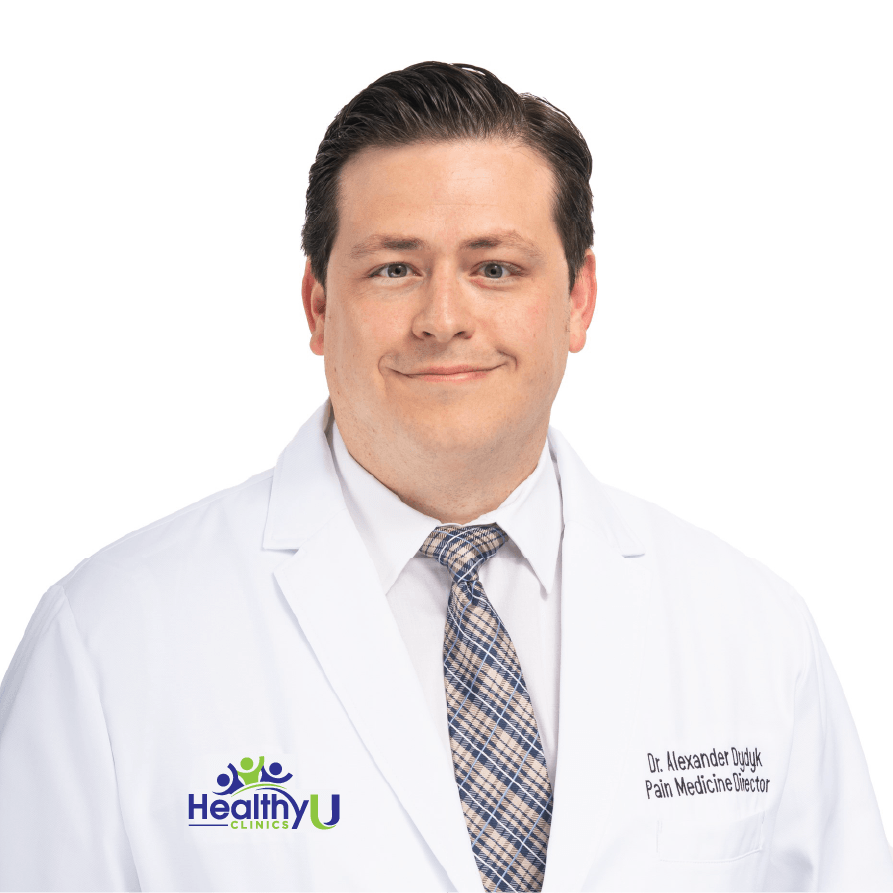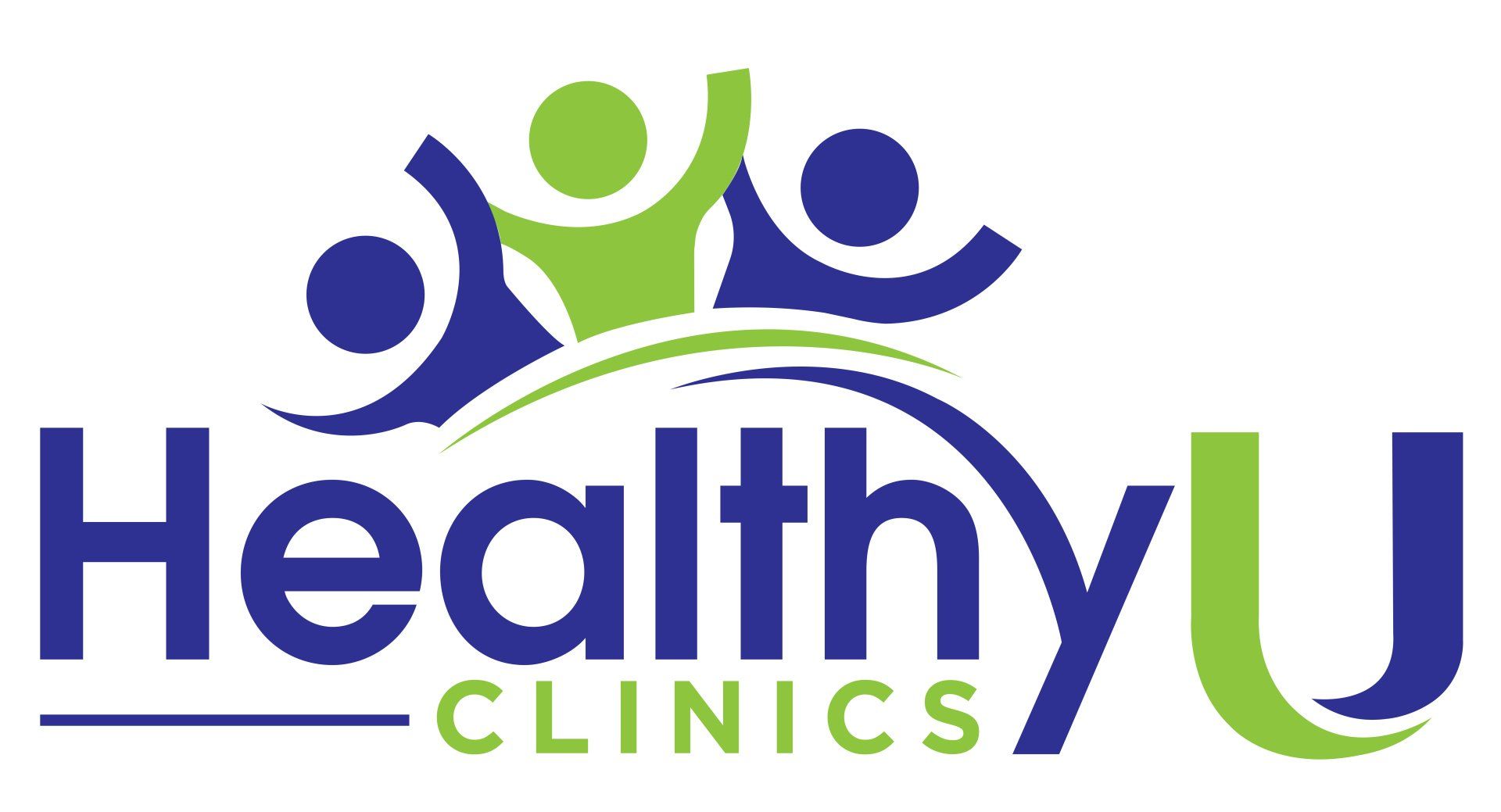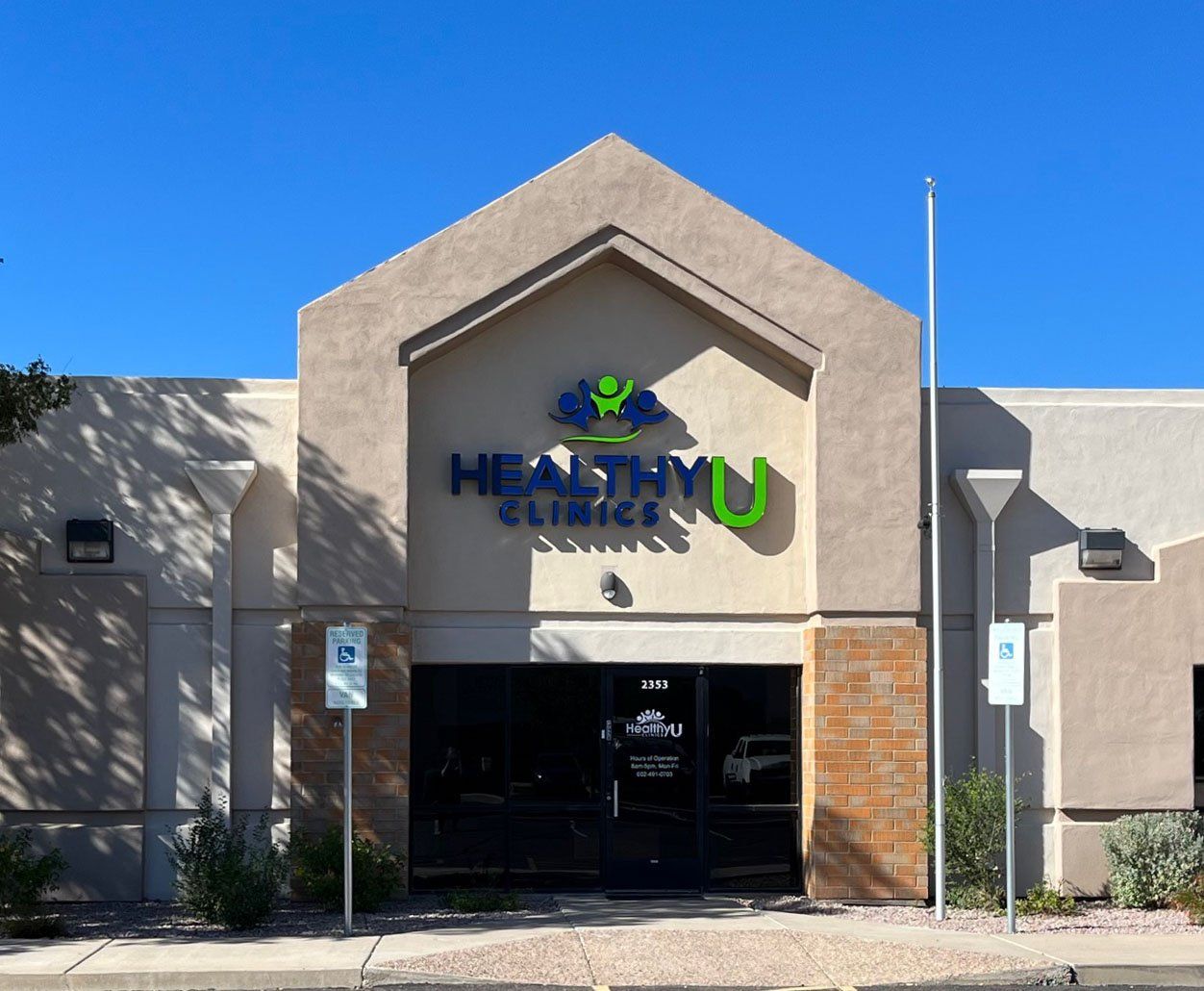The Magic Act
When you think of magic, you may think of an elaborate sleight of hand with a deck of cards or a street magician levitating on the sidewalk. But, when I think of a magic act, I think of my grandfather. He convinced his family he would live to 120. Improbable and somewhat incredible, he was sure of it, and his confidence over time only garnered support from his family. But, if you told me he had never been sick a day in his life, I would have believed you, or if he had one day seen my unborn child get married in the distant future, I would not have batted an eyelash.
For a man pushing 80, outside of his male pattern baldness, you could have told me he was 20 years his junior. He was also very active, sharp, intelligent, and kind. My grandfather was my modern-day Houdini. Then he got sick.
I remember the minute details of the last time my grandfather and I spent together before he became sick. We went out to eat dinner at one of our typical meet-up spots. I remember how our conversation quickly turned to my newborn child. My grandfather wanted to hear about what it was like to be a parent and to discuss how medical school was going. I remember where we sat in the restaurant with a great view of the bar. I remember what I wore and even how the lighting hit our table. I remember he wanted me to try the trout. He said it was very fresh for fish in Arizona. I remember being happy. The thought of not having more of these nights in the future never even occurred to me. His magic act was in full effect.
Weeks after our dinner, he began having issues with his vision. It turns out he had a blood clot in his eye. It was a focal stroke, and it left him partially blind. He would no longer be able to drive. Then he started having abdominal pain and profound fatigue. He suddenly looked his age. Over a few months, he looked vulnerable. His frailty was on display, and things were not improving. As a medical student, my mind was racing. His workup had been inconclusive. His appetite began the wane, and he started to lose weight. He was nauseous all the time, and he was in constant pain.
Eventually, we had our diagnosis, metastatic pancreatic cancer. It was the worst news. Helplessness began to sink in. There was no pulling a rabbit to pull out this hat. The magic had faded.
Watching a loved one suffer is a loss of control to the tenth degree. Unfortunately, we must all see our family members age or grow sick throughout our lives. It is the price we pay for love. However, loss of control as a physician is another thing altogether. My grandfather became sick and eventually passed away from cancer within a year of our memorable dinner together. The year of my grandfather's passing was my final year in medical school.
After four years of undergraduate, one year in a master's program, and four years of medical school, I knew nothing about treating my grandfather’s cancer pain. In the days before his passing, I thought, how could this have happened? I was angry and in despair. I watched someone I looked up to and admired lose his spark. In the end, he had no quality of life. All there was pain. I felt I was lost. Irrationally, I thought I was personally responsible for the poor hand he had been dealt.
After his passing, I had to re-think what it meant to be a doctor and what kind of physician I wanted to be. Pain was on my mind. I did not hold a crystal ball, but I knew I could do more to ensure people did not suffer needlessly. I wanted to learn from a situation I initially had found no meaning. More could have been done to help ease my grandfather’s pain. Learning how to manage pain effectively would, in many ways, become my life's work.
The hardest part of reflecting on my grandfather’s cancer was how I could see he felt embarrassed at the end of his life. He didn’t want his family to see him this way. As if the curtain was pulled away from the Wizard of Oz, revealing the magic trick was an elaborate hoax. No person should feel this way.
Helping patients with cancer maintain some quality of life from a blend of medications, therapies, and interventional procedures is among the most important contributions I can make in medicine. Being a chronic pain specialist is more than injections or pills. It is advocating for patients when they are in their moment of need. It is a gift to care for patients and make a difference in their life. I honor my grandfather’s legacy this way. We all deserve to believe in magic.

By: Alexander Dydyk, DO
Director of Pain Medicine










